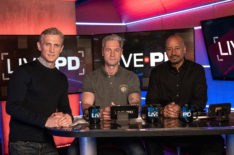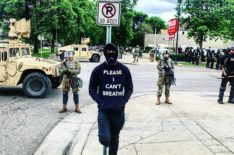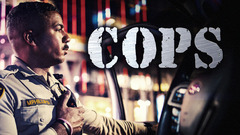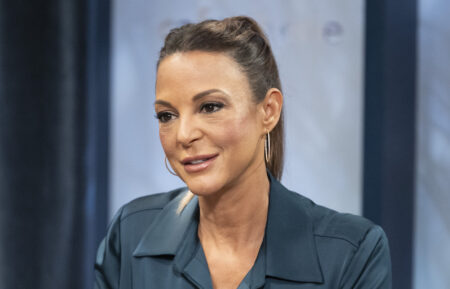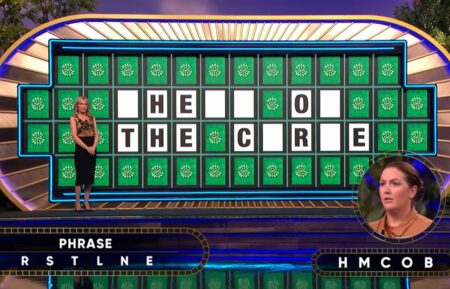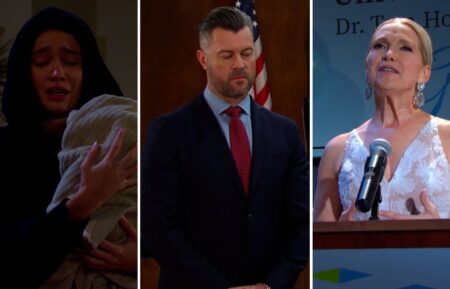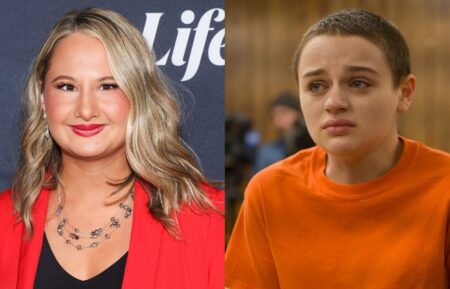Inside the TV Industry’s Crackdown on Cop Reality Shows
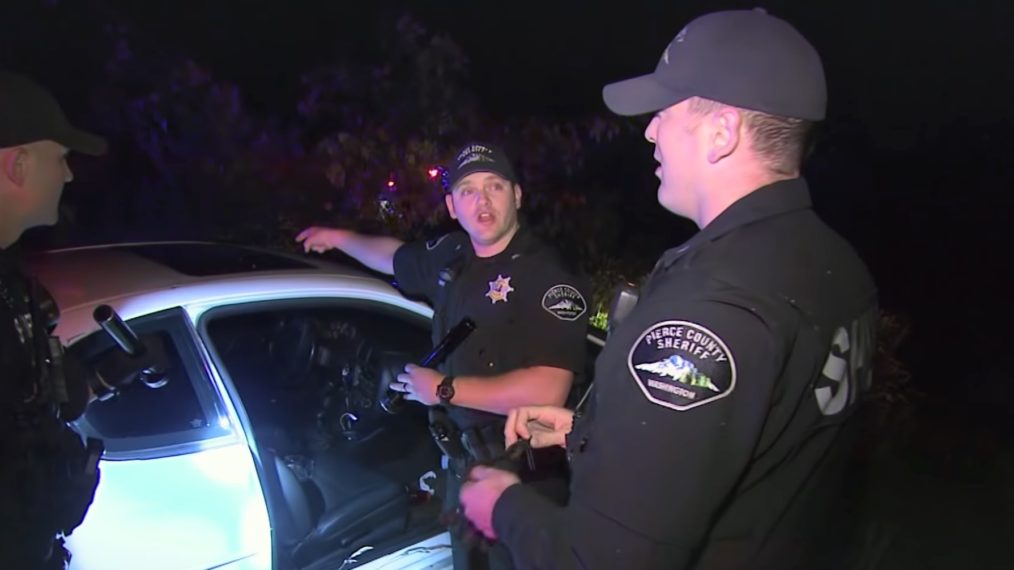
Cop shows, cop shows, whatcha gonna do? After the police killings of George Floyd, Breonna Taylor, and Rayshard Brooks—and amid the calls to defund police departments—the cop reality TV genre may have finally fallen out of favor.
On June 9, days after pulling Cops’ 33rd season premiere from its schedule, Paramount Network announced the long-running docuseries’ cancellation, with a spokesperson asserting that the network has no “current or future plans for it to return.” (Controversially, the show is still streaming on Pluto TV, with a spokesperson telling Gizmodo that the streaming platform “it is critical to represent a diversity of viewpoints, even those we disagree with.”)
Then, on June 11, A&E revealed it was discontinuing its reality series Live PD, which was in the middle of its fourth season. “Going forward, we will determine if there is a clear pathway to tell the stories of both the community and the police officers whose role it is to serve them,” the network said in a statement. “And with that, we will be meeting with community and civil rights leaders as well as police departments.”
Live PD has an added layer of controversy these days with the revelation that it never aired its footage of the 2019 tragedy in which Javier Ambler, a Black man, died in police custody. In a June 11 post on his Law & Crime website, Live PD host Dan Abrams claimed that the footage wasn’t aired “because it involved a fatality and A&E standards and practices didn’t permit us to show a fatality on the show” and that the footage was erased because the show “had a long standing policy to only keep footage for a few weeks absent a specific legal request to retain it.” He did, however, say he thinks in retrospect that Live PD should have aired “everything up to Javier Ambler’s final moments.”
The Investigation Discovery series Body Cam, meanwhile, has been pulled from the air, but so far there’s been no word of it being canceled.
Though both Cops and Live PD were cut in the wake of Floyd and Taylor’s deaths, the cop show genre has sparked controversy for not just years but decades—especially in regards to its racial stereotyping.
In an initial review of Cops in 1989, The New York Times’ John J. O’Connor pointed out that “the overwhelmingly white troops of police are the good guys; the bad guys are overwhelmingly black.”
In a 1999 Los Angeles Times column, Pulitzer-winning critic Howard Rosenberg deemed ride-along shows “unholy alliances where cops and cameras join forces as a single snoop, the former getting to choreograph themselves as heroes for the lens, the latter getting access to action footage that inevitably titillates viewers.”
Crucially, Rosenberg pointed out how these so-called “reality” shows wouldn’t portray the reality of police misconduct—lest they get their access revoked.
And a 2007 study by researchers at Old Dominion University found that 92 percent of cops across eight hours of Cops were white. Additionally, 93 percent of Black subjects and 83 percent of Hispanic subjects were portrayed as offenders in those episodes, according to the researchers. In total, 45% of all alleged offenders in the episodes surveyed were Black.
According to Bureau of Justice Statistics data, however, Black individuals represented just 28 percent of people arrested in the United States in 2007. Compare that juxtaposition: 28 percent of arrests vs. 45 percent of Cops “offenders.”
Sadly, this kind of stereotyping is a familiar refrain on television, and not just in unscripted programming. The primetime TV schedule is littered with depictions of white law enforcement “heroes” saving the day taking down perps of color. It’s not the rule, but it’s the norm.
That’s why it’s so important to support the work of Color of Change Hollywood, which has commissioned research on issues of race on screen, held accountability in show business, and offered consultants to The Red Line, Surviving R. Kelly, Blindspotting, and other productions—so that storylines can be authentic to the experiences of people of color. “Far too much of the content Hollywood produces promotes dangerous misunderstandings that hold back racial justice in the real world,” the organization says on its website.
That work is ongoing, and undoing decades of damaging TV portrayals will take a long time. Meanwhile, it seems the movements to defund police and police reality TV shows are well underway.

